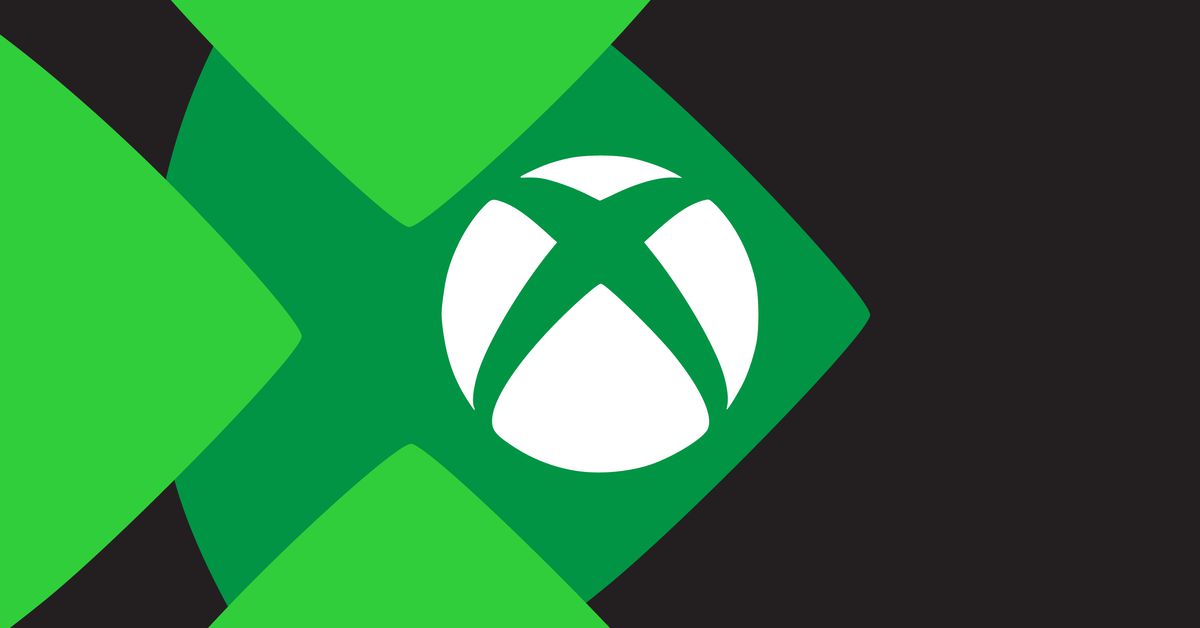/cdn.vox-cdn.com/uploads/chorus_asset/file/23926023/acastro_STK048_02.jpg)
Microsoft’s proposed Activision Blizzard acquisition is at the messy stage. After recruiting Nvidia, Nintendo, and two other cloud gaming companies to help convince regulators to approve its $68.7 billion deal, Microsoft is now criticizing the UK’s Competition and Market Authority’s (CMA) math calculations.
The CMA published a financial model that calculated Microsoft could turn a profit by withholding Call of Duty from PlayStation to draw former Sony fans to Xbox, basing its calculations on profits and losses from Xbox hardware, subscriptions, and games over a period of five years.
Microsoft argues that the CMA’s financial modeling is flawed. The CMA’s model compares gains on a five-year basis to losses on just a one-year basis, and Microsoft says this “massively skews the results” in its response to the CMA (PDF).
“Unfortunately, there are clear errors in the figures being used to value the small number of Sony customers who might move to Xbox in the absence of Call of Duty (CoD),” says Rima Alaily, corporate vice president and deputy general counsel for Microsoft, in a statement to The Verge. “As we’ve always said, any realistic modeling of the true cost of removing CoD from PlayStation players clearly demonstrates that there is absolutely no financial incentive for us to do so. Which is why we have repeatedly said we won’t. Our actions demonstrate that we want to bring more games to more people, not less.”
Sony reiterates its fears over Microsoft sabotaging Call of Duty on PlayStation
Sony has also filed its own response to the CMA, once again reiterating its fears that Microsoft could strategically or incidentally degrade the quality and performance of Call of Duty on PlayStation, withhold Call of Duty from PlayStation consoles, or raise the price of Call of Duty. Sony also argues that Microsoft’s promises of Call of Duty remaining on PlayStation don’t match the company’s behavior with its Bethesda acquisition.
“It is about the impact of Microsoft making new Call of Duty releases (which are launched every year) exclusive, as it has done for the new releases of Starfield and Elder Scrolls following the acquisition of ZeniMax in 2021,” says Sony in its CMA filing (PDF). “These releases were announced in 2018 and were not expected at that time to be Xbox exclusives. It was only after acquiring ZeniMax that Microsoft’s Phil Spencer revealed that, all along, the deal had been about ‘delivering great exclusive games’ for Xbox.”
While Starfield is an Xbox and PC exclusive launching later this year, Microsoft has not yet confirmed its plans for the future of the Elder Scrolls franchise. Sony also responds to Microsoft’s comparisons between Call of Duty and Minecraft, where the Xbox maker regularly makes the point it hasn’t removed Minecraft from rival platforms after it purchased Mojang for $2.5 billion in 2014. “Minecraft is a single release game that is already in users’ hands: unlike Call of Duty, there are no future releases of Minecraft,” says Sony. The CMA found that Minecraft’s monetization model of a one-time fee for lifetime access and updates differs greatly from Call of Duty, which has a new edition every year that players have to pay for.
Microsoft has hit back at Sony’s fears over a degraded version of Call of Duty on PlayStation or no version at all. “Doing so would destroy a significant portion of the value from the merger and would undermine Microsoft’s hard-won reputation for bringing competition to the gaming industry,” says Microsoft in its filing with the CMA.
While the Call of Duty battle between Microsoft and Sony rages on, the CMA has also published statements from other game companies in the UK. Of the six in total, five are anonymized responses to the CMA’s provisional findings, but all six seem to be happy with the Activision Blizzard deal progressing.
Microsoft is also facing regulatory scrutiny from the European Commission and the Federal Trade Commission (FTC). The FTC sued to block Microsoft’s Activision Blizzard purchase last year, and the case is still at the document discovery stage, with an evidentiary hearing scheduled for August 2nd.
While the FTC’s chief administrative judge has sided with Microsoft’s request for details of Sony’s PlayStation exclusivity deals recently, FTC lawyers aren’t happy with the amount of documents Microsoft has disclosed. In a filing earlier this week (PDF), an FTC lawyer accused Microsoft of producing “only a smattering of self-selected documents.” The FTC is seeking more information on Microsoft’s ZeniMax exclusivity plans, the terms of its Nintendo and Nvidia deals, and details on its “next-generation gaming ecosystem.”
The next-generation gaming ecosystem may refer to Microsoft’s plans to build an Xbox mobile gaming store to take on Apple and Google. The Xbox maker quietly revealed its plans in a filing with the CMA last year, and the Activision Blizzard purchase is related to a mobile push from Microsoft in gaming.
Services Marketplace – Listings, Bookings & Reviews
